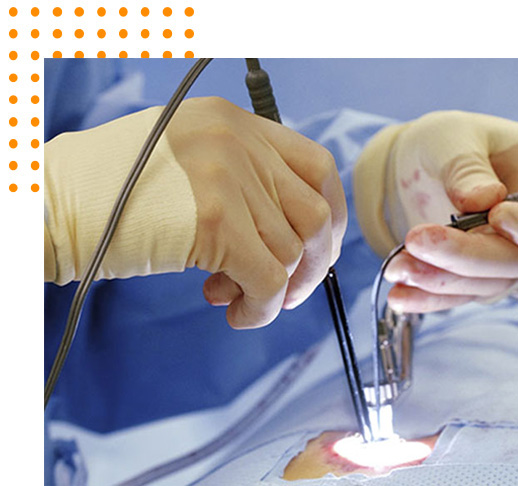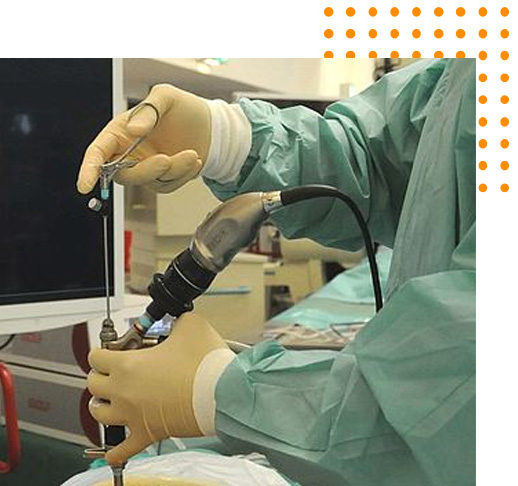Endoscopic Procedures –
Cranial & Spinal
What are Endoscopic Procedures – Cranial & Spinal?
Endoscopic procedures- cranial and spinal, involve using a small, flexible tube with a camera and light attached to it (endoscope) to visualize and treat conditions inside the brain or spinal canal. These minimally invasive procedures offer several benefits over traditional open surgery, including smaller incisions, reduced tissue damage, shorter recovery times and fewer complications.
In cranial endoscopic procedures, the endoscope is inserted through a small incision in the skull to access areas such as the brain’s ventricles or the lining (meninges). In spinal endoscopic procedures, the endoscope is inserted through a small incision in the back to access the spinal canal and treat conditions affecting the spinal cord or nerves. Here is what you need to know about the procedure from the best endoscopic spine surgeon in Kolkata.
Conditions that Require Endoscopic Procedures – Cranial & Spinal
Endoscopic procedures are used to diagnose and treat various conditions, including:
Cranial endoscopic procedures:
- Hydrocephalus: Excess accumulation of cerebrospinal fluid (CSF) in the brain’s ventricles.
- Arachnoid cysts: Fluid-filled sacs that develop within the arachnoid membrane surrounding the brain.
- Intraventricular tumours: Tumors located within the ventricles of the brain.
- Herniated discs: When the soft inner core of a spinal disc bulges out, pressing on nerves around.
- Spinal stenosis: Narrowing the spinal canal, compressing the spinal cord or nerves.
- Spinal tumours: Abnormal growths within the spinal canal or along the spinal cord.


What to Know Before Getting Endoscopic Procedures – Cranial & Spinal
- Understand the purpose of the procedure and how it will be performed.
- Discuss the procedure’s risks, benefits, and potential outcomes with your healthcare provider.
- Follow any pre-operative instructions your medical team provides, such as fasting or medication adjustments.
- Arrange for post-operative care and support, as you may need assistance during recovery.
Be aware that while endoscopic procedures are minimally invasive, they still carry risks of complications such as infection, bleeding, or nerve injury, and discuss these risks with your Endoscopic cranial base surgeon in Kolkata to make informed decisions about your treatment.
